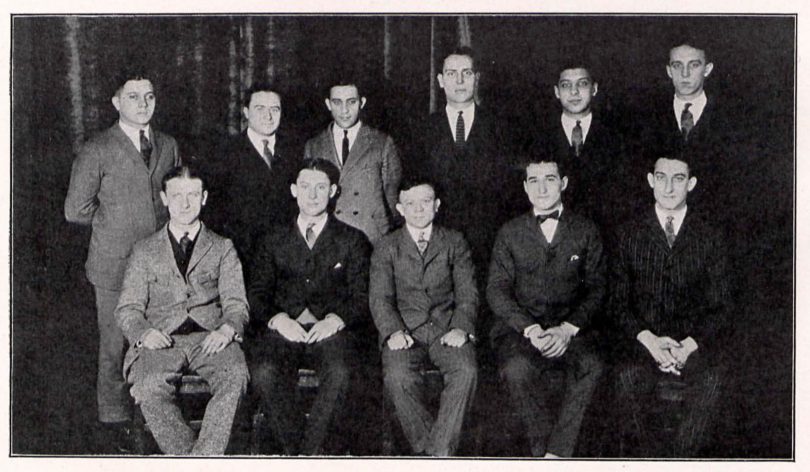One thing is certain, every family is different. While some families are closely knit, others rarely meet let alone know each other’s whereabouts. Some families have a clear course of action on how their estate is handled while others don’t. So what happens when a person passes on and his/her heirs cannot be located?
If the deceased person died testate, then it falls upon the trust or attorney entrusted with the estate to conduct heir search to find the beneficiaries. Otherwise, if the person died intestate, then the attorneys would have to conduct heir search to find the missing heir or unknown heirs. Most often, they seek the services of probate research companies (heir hunters) to help them locate the missing heirs.
How does a Probate Research Company Conduct Its Search?
Most of these firms have the resources and man power to conduct a worldwide search to locate missing heirs. The technique used by a heir hunting company to find a missing heir or unknown heir will depend on the amount of information that they have on the person in question. Among the techniques employed for the heir searches include:
Genealogical Research: Heirship status is usually attained by being the relative of the deceased persons. One of the best way of ascertaining if indeed one is a relative is by a genealogical search. The genealogists will perform an extensive forensic genealogy research to ascertain who has the right of heirship. Forensic genealogy uses some of the same sources of forensic evidence to establish family bloodlines. As such, using a genealogy heir search is usually efficient in locating an heir.
Outright Research: Probate research firms are also known to use investigative techniques to locate beneficiaries and heirs. They comb through documentation such as birth records, marriage records and even death records in a bid to locate missing heirs and beneficiaries of an inheritance.
Use of publications: Most often these firms publish missing heirs and unknown heirs in newsletters. Usually there is a contact number which the heirs or anyone who know their whereabouts can use to reach them.
A good heir hunting firm should perform its due diligence when they find their targets. Some of the best firms available include:
American Research Bureau: This firm has over 80 years in the field of international probate research making it among the best there is. The knowledge of estate law, and in-depth research techniques has enabled it to find missing heirs and unite lost family members.
Estate Research Company: This firm has built a reputation of being efficient at tracing unknown heirs and missing beneficiaries across the globe. It has a team of renowned researchers and genealogists who are adept at looking for heirs.
These companies usually offer the search services at a reasonable fee.
What Happens in a probate without a will?
Whether deceased left behind a will or not, the decision on inheritance distribution is at the court’s purview. When there is no will in place, the probate court makes certain tweaks to its proceedings including the criteria for appointing estate representatives.
A person who deems themselves as an heir have a legal right to file a probate. They either go through the probate process alone, or seek the services of an attorney to walk them through it at a fee. Most often, may appoint the person who filed the petition as the personal representative of the estates. Nonetheless, if it deems them unfit, then it will appoint another party it deems eligible for the task.
The intestate probates usually end with the spouses getting the most of the assets, followed by children, parents, grandparents, and other blood relatives in that order. Nonetheless, every case is different, as such the share one gets will depend on the number and type of heirs involved. There are instances where no rightful heirs come forth, in such a case, the state assumes ownership of all the assets and properties.
A probate process without a will concludes with a court order that shows the individuals who have the heirship right and how the assets will be distributed amongst them. The order must be adhered to by the family. In case disputes arise over the estate, the family can use the order to settle it.
How long does an heir have to claim their assets?
While heirs have a right to make a claim on a deceased person’s estate, there is a time limit to which they are allowed to make their claim. The provision of family and dependents acts of 1975 gives heirs a six months window from the date of the grant of probate or letters of administration were issued. However, there are exceptional circumstances when the court may extend the period.







